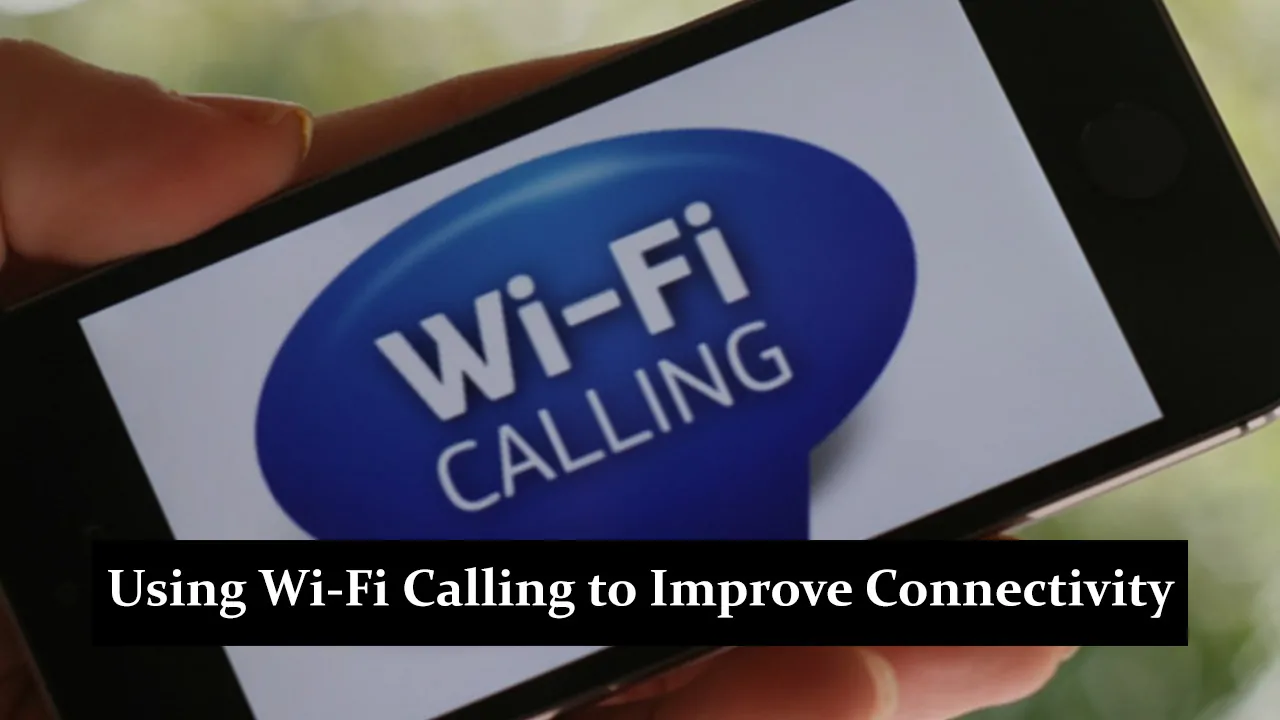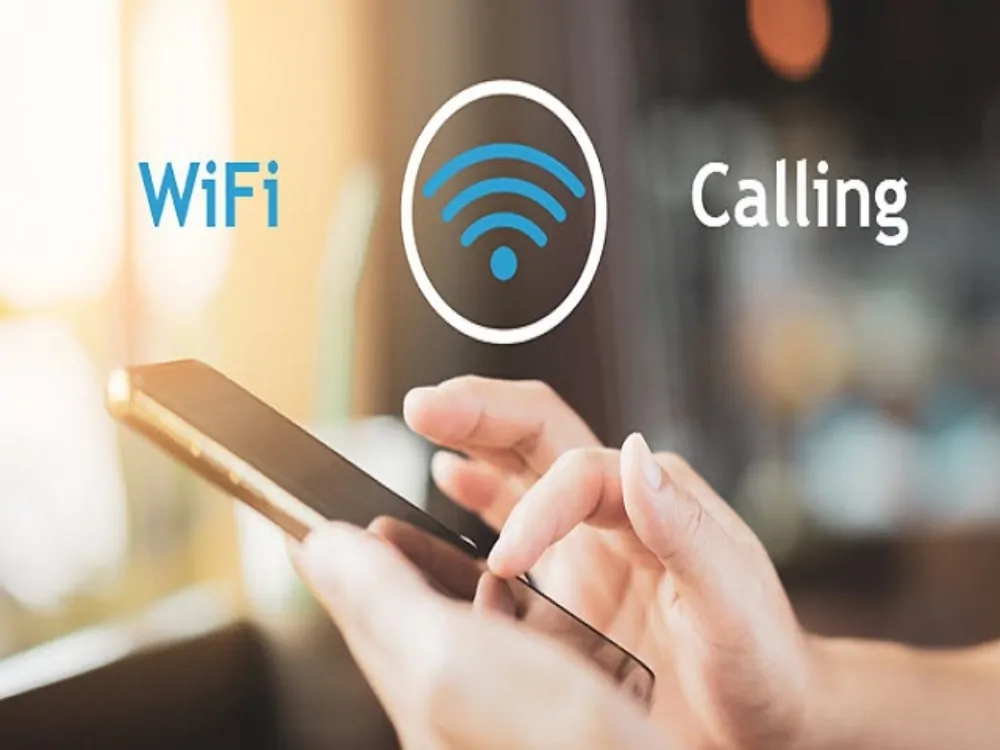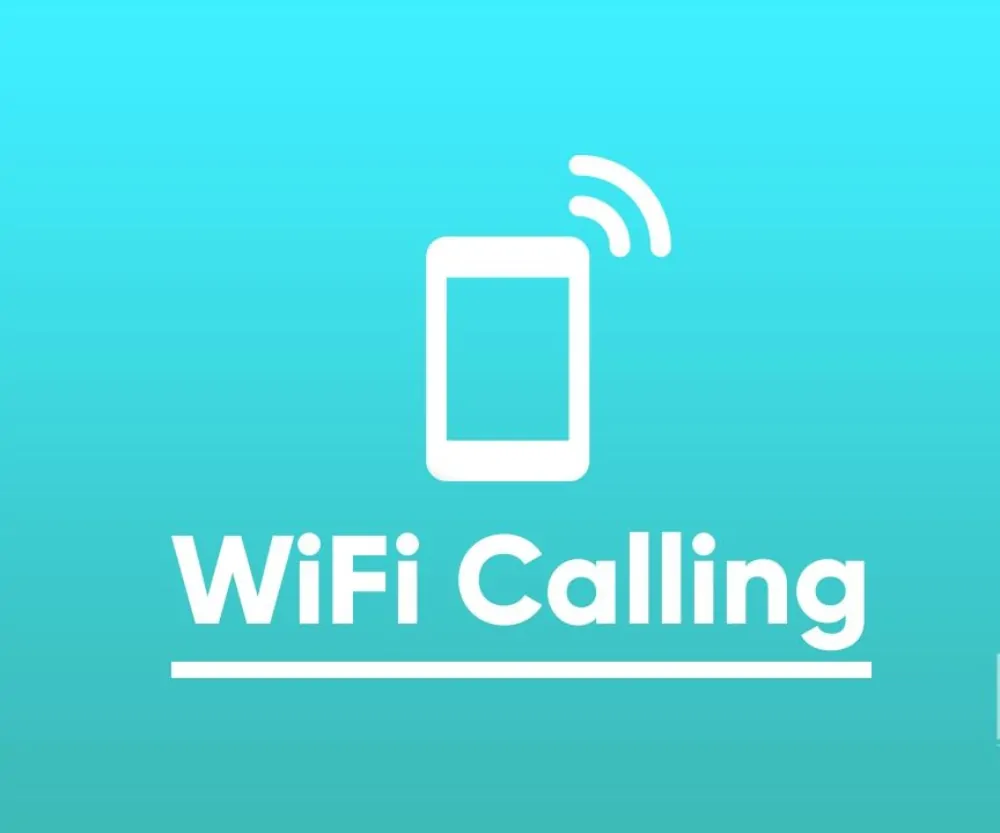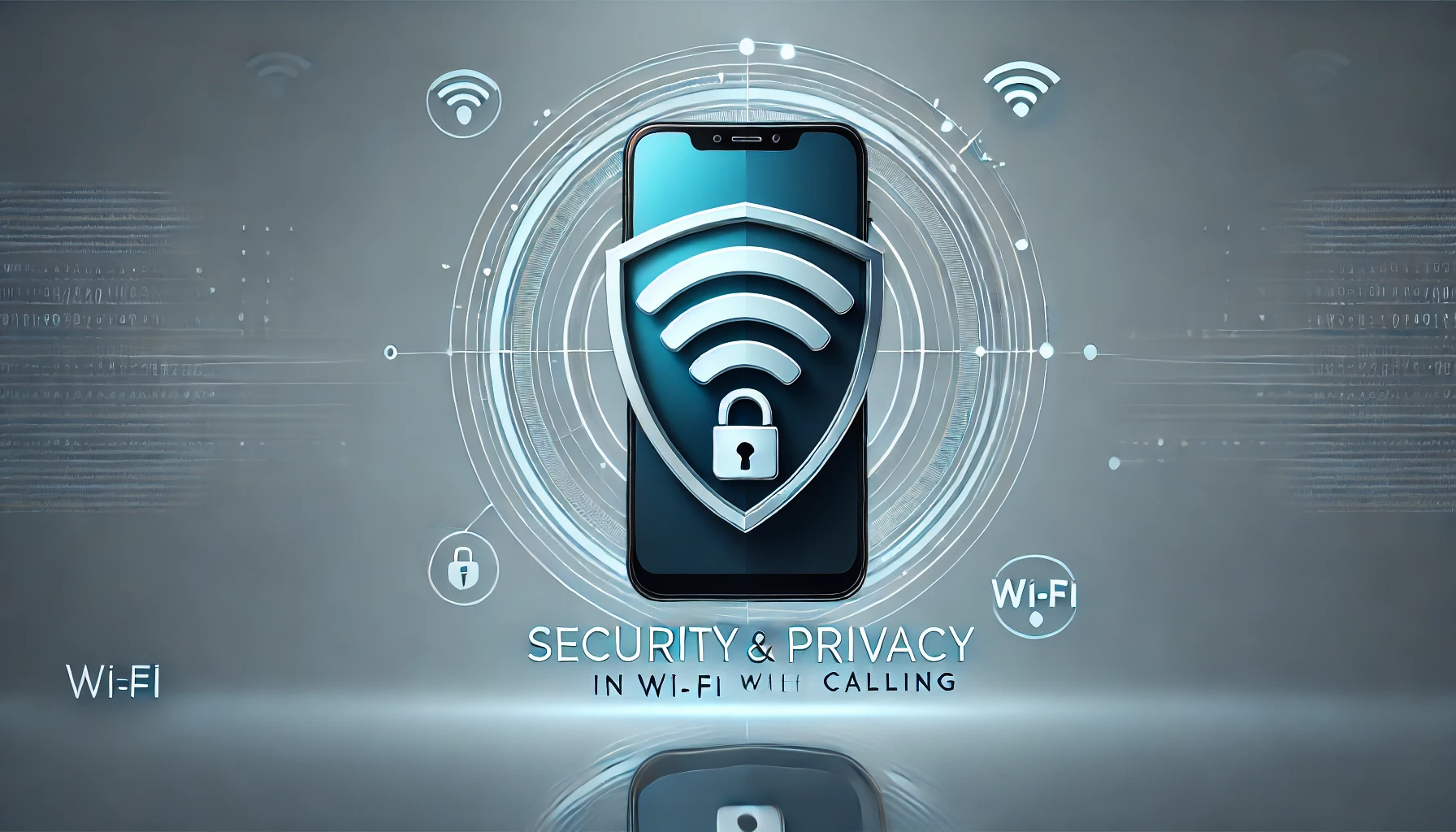Wi-Fi Calling is a feature that allows you to make and receive calls using a Wi-Fi connection instead of a traditional cellular network. This can be especially useful in areas with poor cellular reception, ensuring you stay connected. Unlike traditional calls, which rely on cell towers, Wi-Fi Calling uses the internet to transmit voice data. In today’s world, where mobile communication is crucial, Wi-Fi Calling plays a vital role by providing an alternative means of staying in touch, ensuring consistent and reliable connectivity.
How Wi-Fi Calling Works
Technical Overview
Wi-Fi Calling routes calls and texts over Wi-Fi networks instead of traditional cellular networks. When you make a call, your voice data is transmitted via the Internet, providing a clear connection even in areas with weak cell signals. The required infrastructure includes compatible devices that support Wi-Fi Calling and access to a stable Wi-Fi network.
While Wi-Fi Calling and Voice over Internet Protocol (VoIP) both use the Internet for communication, they are different. Wi-Fi Calling is a service offered by mobile carriers and integrates seamlessly with your phone’s regular calling and texting features. VoIP services, like Skype or WhatsApp, require specific apps and are not tied to your phone number or carrier.
Requirements for Wi-Fi Calling
To use Wi-Fi Calling, your device must be compatible and support the feature. Your mobile carrier must also offer this service. Lastly, you must enable Wi-Fi Calling in your device settings and connect to a reliable Wi-Fi network to make or receive calls.
How Wi-Fi Calling Improves Connectivity
Enhanced Signal Availability
Wi-Fi Calling enhances signal availability by utilizing Wi-Fi networks to supplement or replace cellular signals. This is especially beneficial in areas with weak or no cellular coverage, such as rural locations or buildings with poor reception. By connecting through Wi-Fi, users can maintain a strong and reliable signal for calls and texts.
Seamless Call Continuity
One key advantage of Wi-Fi Calling is the seamless transition between Wi-Fi and cellular networks. Thanks to network handoff technology, even if you move out of Wi-Fi range, the call will continue without dropping. This ensures a smooth communication experience, whether at home, at work, or on the go.
Improved Call Quality
Wi-Fi Calling can significantly improve call quality by reducing the likelihood of dropped calls and interruptions. The stable internet connection provided by Wi-Fi often leads to clearer and higher-quality audio than traditional cellular networks, especially in areas with strong Wi-Fi signals.
Accessibility in Challenging Environments
Wi-Fi Calling is particularly useful in challenging environments, such as buildings with thick walls or underground locations where cellular signals struggle to penetrate. It also benefits urban and densely populated users, where network congestion can degrade cellular service quality.
Support for International Connectivity
For international travelers, Wi-Fi Calling offers a convenient way to stay connected without high roaming charges. As long as you’re connected to Wi-Fi, you can make and receive calls as if you were at home, providing consistent connectivity no matter where you are in the world.
Security and Privacy Considerations
Encryption and Data Security
Wi-Fi Calling employs encryption to ensure secure communication between your device and the network. Your calls and texts are protected from unauthorized access, keeping your conversations private. However, using secure Wi-Fi networks, especially when connecting to public hotspots, is crucial to avoid potential security risks.
Privacy Concerns
While Wi-Fi Calling provides a secure communication channel, there are still potential privacy concerns. For instance, connecting to unsecured or public Wi-Fi networks can expose your data to interception by malicious actors. To mitigate these risks, use trusted and secure networks, enable encryption on your devices, and avoid sharing sensitive information over unsecured connections. Keeping your device’s software up to date helps protect against vulnerabilities.
Conclusion
Wi-Fi Calling offers a reliable solution for enhancing connectivity, particularly in areas with weak cellular signals. It provides improved call quality, seamless network transitions, and secure communication through encryption. For those looking to improve their mobile experience, enabling Wi-Fi Calling is a simple yet effective step. Explore this feature on your device and enjoy better connectivity wherever you are.






